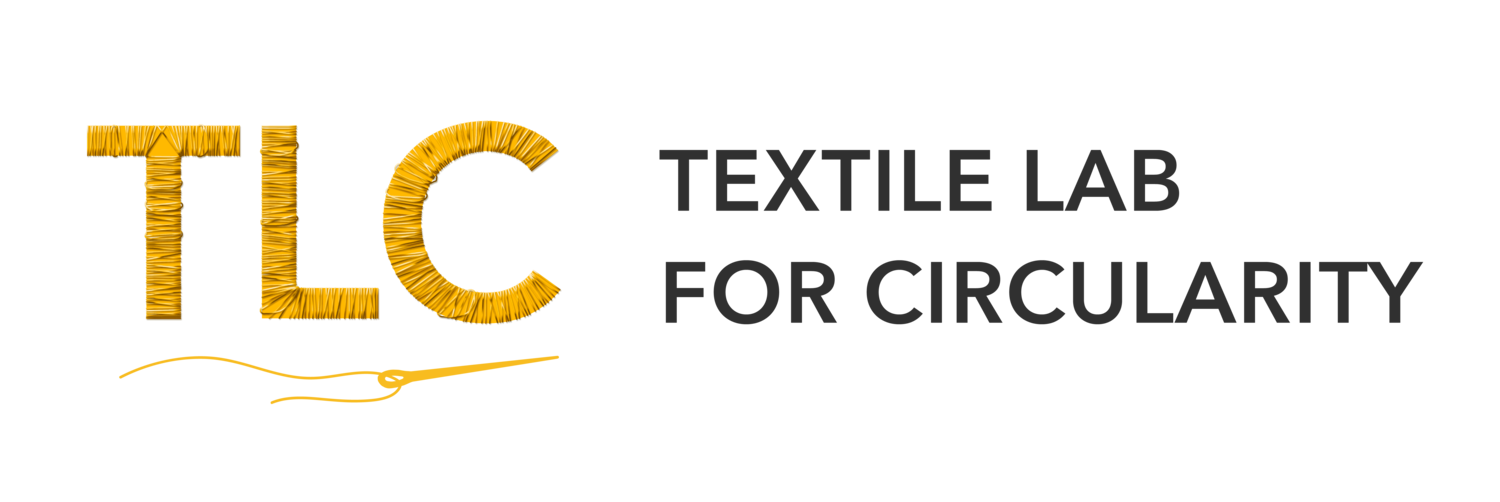Here at the TLC, we strongly advocate for environmental and social sustainability. Many of the same societal structures that put our climate in jeopardy (such as overconsumption and fossil fuel pollution) have also impacted the wellbeing of populations around the world. In order for environmental initiatives to be sustained, human needs have to be met. We are inspired by projects that beautifully weave together environmental initiatives with social justice action. This fosters a more regenerative environment where nature and humans can both thrive.
Environmental and social sustainability problems are interconnected, and so should be the solutions.
An incredible local example of this is Osei-Duro’s RERUNS program. Osei-Duro is a Vancouver-born clothing brand, using traditional textiles to create contemporary garments. Currently based in the USA, Canada and Ghana, Osei-Duro aims to support local apparel industries in becoming more sustainable.
The journey to RERUNS started when Osei-Duro’s co-founder Maryanne Matthias taught sewing workshops for Union Gospel Mission’s (UGM) Repair to Wear program. This UGM program provides low-barrier employment for folks experiencing poverty, homelessness, and addiction. In Repair to Wear, damaged clothing from corporate donors is repaired and resold in UGM’s thrift store with profits funding their social programs. Maryanne was inspired by the social enterprise model and saw an opportunity to design a similar program for Osei-Duro.
A participant in Union Gospel Mission’s Repair to Wear program.
In 2021, with the help of a grant from the City of Vancouver, Osei-Duro launched the pilot for RERUNS. Osei-Duro customers sent in their worn garments in exchange for store credit and graduates of the UGM Repair to Wear program were hired to repair items as well as fulfill orders. Factory seconds, customer returns, and damages were also fed into the program, ensuring sufficient inventory to run the pilot and enabling a circular solution where there was none before. The pilot proved so successful that they ran it again in 2022 using the profits made the first year.
What does the RERUNS Program look like now?
Osei-Duro now operates the RERUNS program two times a year. Participants attend workshops twice a week to learn how to repair, tailor, style garments, run e-commerce, manage inventory and fulfill orders.
2020 RERUNS program
The feedback Osei-Duro has received has been overwhelmingly positive. Participants have shared their gratitude for learning new skills in an environment designed to help them succeed while creating new connections and networks. Customers have appreciated the opportunity to get Osei-Duro pieces at a discount while supporting a sustainable initiative.
What is the Business Case for Running a Clothing Repair Program?
Developing a program like RERUNS closes the loop on waste, while building community resilience through job creation for marginalized communities. It is increasingly clear that factors like this are becoming more of a consumer priority; McKinsey reports that over 65% of emerging market consumers are seeking brands taking real action on sustainability. Further, repair programs such as RERUNS use fewer resources than more complex solutions like recycling; meaning simpler, more accessible solutions should be prioritized. Osei-Duro co-founder Maryanne also shared that from the start the program has paid for itself, showing that sustainability is just good business.
Participant of UGM’s Repair to Wear program mending a garment.
UGM’s Social Enterprise Manager Bobby MacDonald says programs like Repair to Wear and RERUNS demonstrate tangible pathways to provide those struggling with poverty, homeless or addiction an opportunity to participate in the circular economy. “Even on a micro-level, engaging in the circular economy is possible for non-profits and social enterprises.” A new economic model like textile circularity requires new skill sets in the job force, and here is an opportunity to build those skills while also working towards poverty alleviation. These programs also show that there doesn’t have to be a tradeoff between environmental stewardship and income generation.
Both Maryanne and Bobby shared that they hope more brands consider programs like this to do good in the world and for their businesses.
How to Support
Interested in learning more, or supporting Osei-Duro or UGM’s work?
Follow @oseiduro and @ugmvancouver on social media
Learn more about the RERUNS program here, and sign up for the Osei-Duro newsletter to stay posted about the next round
Read how UGM’s Repair to Wear program changed this woman’s life
Shop at UGM’s thrift store and FOUND Boutique
Written by Megan Bourassa




